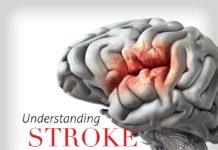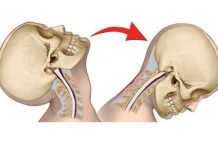Objective:To present current mainstream and alternative theories about learning disabilities, with a special emphasis on dyslexia, as well as to systematically review the chiropractic and related literature about the effects of chiropractic care in people suffering from learning disabilities and dyslexia, and to compare chiropractic causal theories to accepted medical models.
Methods: Computerized and hand searching of the various databases Mantis, ICL, CRAC as well as the Proceedings of the International College of Applied Kinesiology were conducted with the following index terms: “dyslexia”, “learning”, “learning disabilities”, “learning disorders”, “applied kinesiology”, and “neurologic disorganization”. The retrieved literature was selected or rejected according to predetermined inclusion and exclusion criteria and was subsequently classified according to level of evidence and critically reviewed on predefined methodologic criteria. We also compared the various causal chiropractic theories to accepted mainstream science causal theories of learning disability and dyslexia.
Results: Eight studies met our criteria. Four of them belonged to the lowest class of evidence, for a total of 25 anecdotal reports. The remaining four were before/after studies. None of the studies met all of our predefined methodologic criteria. Points of interests and methodologic weaknesses are discussed.
Conclusion: All studies reviewed suggested a positive effect of chiropractic care in individuals suffering from learning disabilities and dyslexia. However, the various methodological weaknesses of those studies preclude any definitive conclusions and all the results are therefore to be considered preliminary. Within those limitations, there seem to exist a potential role for chiropractic care in improving various cognitive modalities known to be essential in learning. The model of vertebral subluxation and its effects on cognitive function may serve as a link between the field of chiropractic care and the neuroscience of those disorders.
Yannick Pauli, D.C. Journal of Vertebral Subluxation Research ~ January 15, 2007 ~ Pages 1-12. Abstract







